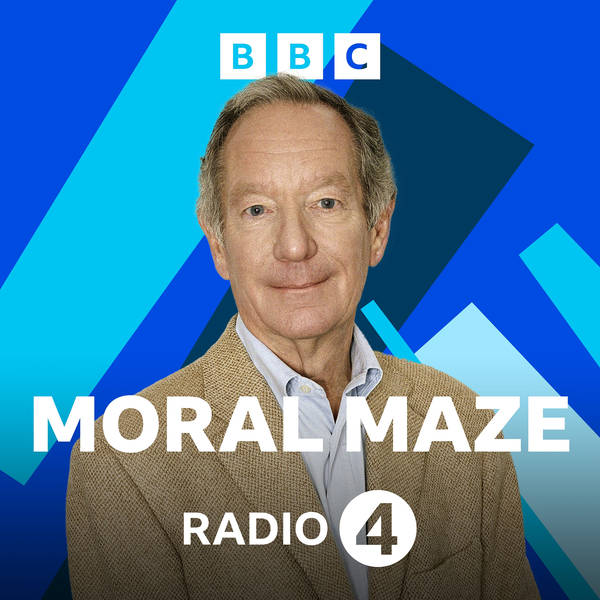
Rights and Rules
The New Zealand weightlifter Laurel Hubbard looks set to make history after being confirmed as the first transgender athlete to compete at an Olympic Games. Hubbard previously competed in men’s events before transitioning in 2013. She is eligible due to a change in International Olympic Committee guidelines on testosterone levels in 2015, and after qualifying requirements were modified by the International Weightlifting Federation. For many campaigners this is a landmark moment for trans people, whose participation at grassroots level sport is shamefully low. Moreover, while there are many different male and female body types, they see elite sport as reflecting society’s obsession with gender stereotypes and worry about the implications for anyone who does not meet ‘conventional standards’ of femininity. Opponents think that allowing transgirls, who were assigned male at birth, to compete with cis girls is unfair. They argue that, in the vast majority of cases, males are stronger, faster and more powerful than females – if that were not the case we would not have had to segregate sport in the first place. The New Zealand Olympic Committee chief executive, Kereyn Smith, said this complex issue required, “a balance between human rights and fairness on the field of play”. This raises a deeper philosophical question: what is the relationship between rights and rules? And which of these is best placed to achieve fairness – not just in sporting competition but between competing demands? When should rules and laws be challenged and when does a person’s sense of their natural rights go too far? With Dr Dafydd Mills Daniel, Joanna Harper, Debbie Hayton and Adam Wagner.
Producer: Dan Tierney.
